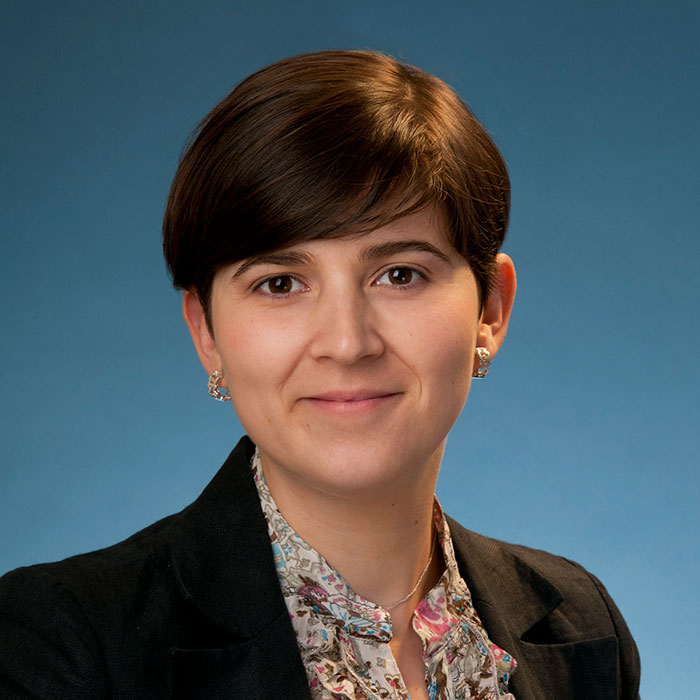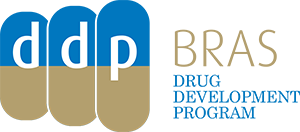
BRAS DDP Clinical Fellow 2011 – 2014
My story starts in Switzerland at the ‘Flims’ workshop. It’s the main workshop is the main workshop in Europe for training junior scientists, on how to design and conduct clinical trials. It was where I met Dr. Lillian Siu, who was the director that year. I was impressed with Dr. Siu, as she was easy to approach. I asked her how to apply to become a Fellow. Dr. Siu was quite enthusiastic about my joining the team, and two years later, shortly after I finished my residency, and fellowship in Spain, I was here!
I have been a doctor since 2005, and an oncologist since 2010. At the main cancer hospital in Vall d’Hebron, I completed 4 years of residency, and one year of fellowship in drug development. I
worked as a resident in all types of tumours, but mainly in the drug development program fellowship, which is similar to what I do in the Bras Drug Development Program.
When I told my bosses in Spain that I met Dr. Lillian Siu, and we had been talking about my coming to Toronto to do a Fellowship at the Bras Drug Development Program, at the Princess Margaret in Toronto, they told me: “Don’t look for anything else! Just go there. This is one of the best hospitals around the world, and this is one of the best drug development programs. Youare not going to get better training anywhere else.” And so my choice was clear. I was not going to look for anything else!
What is interesting about the North American centres, especially Princess Margaret, is the good balance in terms of clinical and research workload. I believe to be a good clinical scientist, you must have both. Clinical research is first and foremost, to benefit your patient. When working with a patient, you ask the question: How can we improve the treatment for this patient?
When working with a patient, you ask the question: How can we improve the treatment for this patient?
This question inspires me. On an average day, along with the clinical workload, our research workload is in designing clinical trials, and designing the translational research studies related to clinical trials, which means understanding why some patients respond to treatment, while other patients do not. Coming here has given me great opportunities to interact with some of
the scientists from a higher cancer institute.
My patients give me inspiration. My mentor in Spain once told me: “Drug development is what you should do in your life Irene. Every day you see patients who do not respond well with their treatment. You, Irene, cannot see patients every day, and not do anything to improve their lives.” We need to improve. We need to do things better. We need to find a solution to cancer, and the only way we are going to find the solution, is through research. Finding better drugs, and better ways to administer to our patients.
We need to improve. We need to do things better. We need to find a solution to cancer, and the only way we are going to find the solution, is through research.
My fellowship at Bras Drug Development Program is for three years. I have been here for two years and I am lucky that I am going to continue for another year! I am really excited about this.
At the end of my fellowship, the plan is for me to go back to Spain, and to establish a relationship between two great programs. I would love to stay longer. I love it here. I am really happy with the environment at Princess Margaret, especially the BRAS Drug Development Program. Canada is a great country to live in. It has been a wonderful experience.
Thank you Irene.
Maggie Bras
